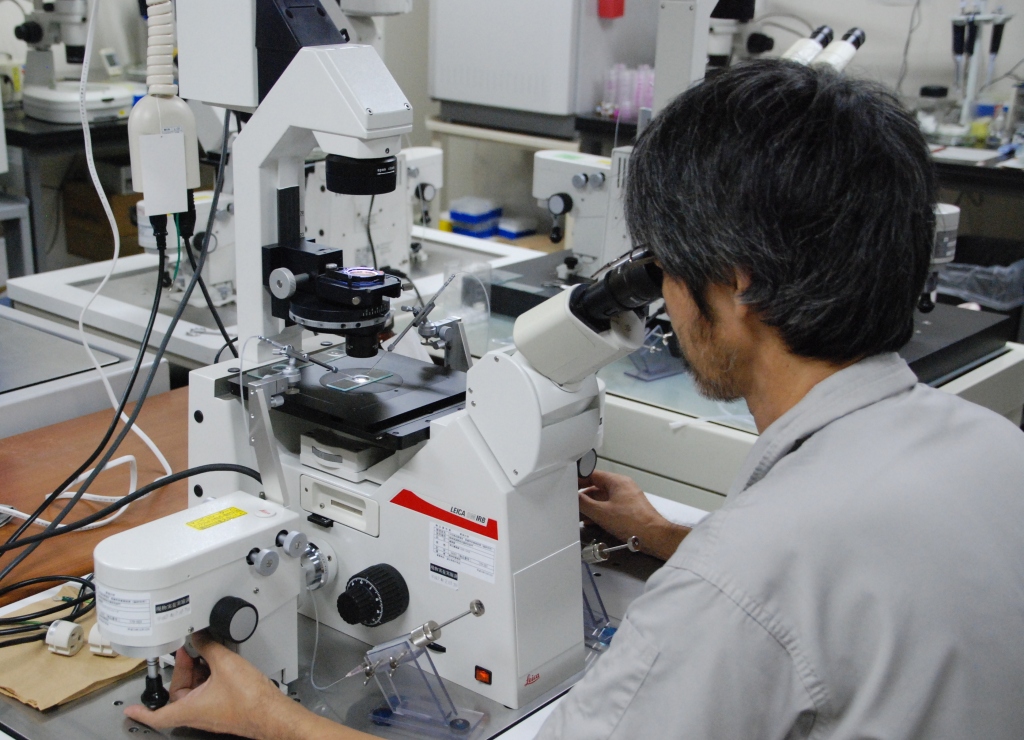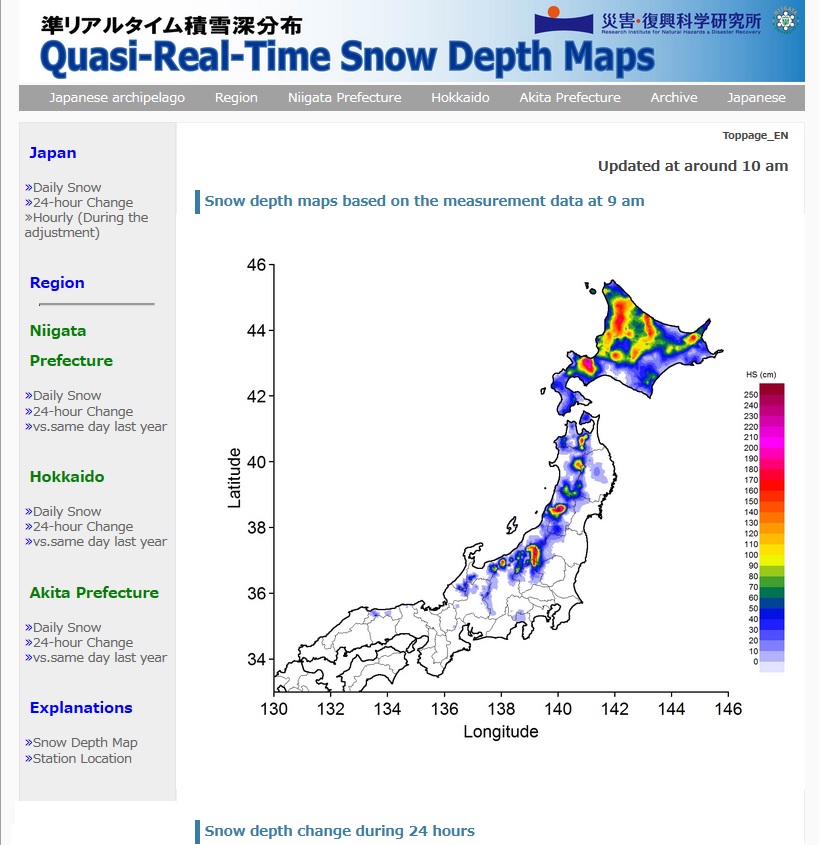Niigata University
Niigata University has a long history and a rich tradition, with its predecessor organizations dating back about 150 years. Through education, research and contribution to society, we aim to contribute to the steady development of the region and the world peace.
Today, Niigata University has developed into a large-scale, comprehensive university with 2 campuses, which are home to 10 faculties, 5 graduate schools, several research institutes and a university hospital. As specialized educational programs, Niigata University is one of the first universities in the country to have introduced major and minor education programs, in which students can study outside their field of specialization; students are thus able to pursue a wide range of studies. Through our distinctive educational programs, we strive to develop students who possess both high-level expertise and refined sensibilities, and also we are committed to being a research university by conducting research of highest quality that has the potential to be world leading and world changing.
Number of Students
Undergraduates 10,277
Graduate Students 2,044
International Students 471
Number of Partner Schools
University-Level 69
Department-Level 252
Student Exchange Partner 191
*As of May 1, 2018
Overseas Locations
- Beijing (China)
- Kandy (Sri Lanka)
- Yangon (Myanmar)
- Krasnoyarsk (Russia)
Faculties
- Humanities
- Education
- Law
- Economics
- Science
- Medicine
- Dentistry
- Engineering
- Agriculture
- Creative Studies
Graduate Schools
- Education
- Modern Society and Culture
- Science and Technology
- Health Sciences
- Medical and Dental Sciences
Activities
We have created a learning support system that enables students to make maximum use of the advantages of studying at a comprehensive university. There are 42 main specialty program, which are based on existing departmental and course curricula. Each program has established attainment targets intended to produce concrete abilities appropriate to the type of individual that the program seeks to cultivate. We also offer 19 subspecialty programs, in which students can study subjects outside their field of specialization. Students who satisfy certain criteria are awarded a Sub-Specialty Completion Certificate in addition to a degree.
Language Studies
“Study Japanese at Niigata University” The Japanese Language Program offers students an interactive way to learn and practice Japanese. Our teachers are experienced instructors in teaching Japanese as a foreign language. Students from a variety of linguistic backgrounds come together to acquire the language skills necessary for academic success in Japan. The Japanese Language Program is divided into two courses: Intensive Course and Non-Intensive Course.

Researches
Brain Research Institute
The Brain Research Institute was established in 1967 to research scientific principles related to the brain and brain disease, as well as their practical application. It is the only brain-related research institute at a Japanese national university. In particular,
the neuropathology specimens accumulated by the Department of Pathology and the Center for Bioresource-based Researchers constitute one of the three most extensive such collections in the world. They are scientific materials that can be recognized as an asset for all humanity. Based on this asset, in 2010 the Brain Research Institute was recognized by MEXT1) as an “advanced, collaborative research center using neuropathology specimens and resources.” With the given expansion and achievements of the relevant research areas, as of April 1, 2016, the Brain Research Institute is again authorized by MEXT as “The Collaborative Research Center For Brain Diseases Utilizing Neuropathological Resources”. It is cited as one of this university’s most important projects, which aims to form an international research center that will advance a wide range of endeavors, from elucidating brain diseases to understanding the mind.
1)Ministry of Education, Culture, Sports, Science and Technology

Research Institute for Natural Hazards and Disaster Recovery
The Research Institute for Natural Hazards and Disaster Recovery was established in April of 2011, succeeding the Research Institute for Hazards in Snowy Areas and the Research Center for Natural Hazards and Recovery. It was instituted to preserve the accumulated research and knowledge in natural disaster studies that the previous institutions had gathered for over 40 years. When big earthquakes occurred in Niigata Prefecture’s Chuetsu region in 2004 and 2006, researchers and employees at the institution visited the affected areas immediately and helped with recovery efforts in every way they could. Specialized in the geo . scientific study of natural hazards in elevated, mountainous regions, the Institute has applied its expertise to the prevention and mitigation of natural disasters as well as to the ongoing recovery efforts. Following the Great East Japan Earthquake on March 11, 2011, the Institute dispatched an expert team to the devastated area, and has continued to offer advice and technical support to help with the recovery efforts undertaken by severely affected municipalities in Miyagi Prefecture. Utilizing its abundance of knowledge acquired through years of study of natural disasters and its involvement in recovery efforts, the Research Institute for Natural Hazards and Disaster Recovery aims to further the scientific study of disaster mitigation in mountainous regions within and out of Japan and promote it as an established field of study by sharing its research findings with the rest of the world.

Information
![]()
Website www.niigata-u.ac.jp/en/
Address 8050 Ikarashi 2-no-cho, Nishi- ku, Niigata City 950-2181, Japan
Tel (+81) 25 262 7628
Fax (+81) 25 262 7519
Email kokusai@adm.niigata-u.ac.jp